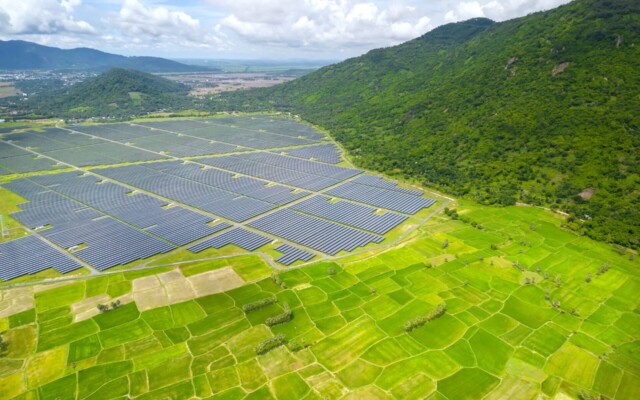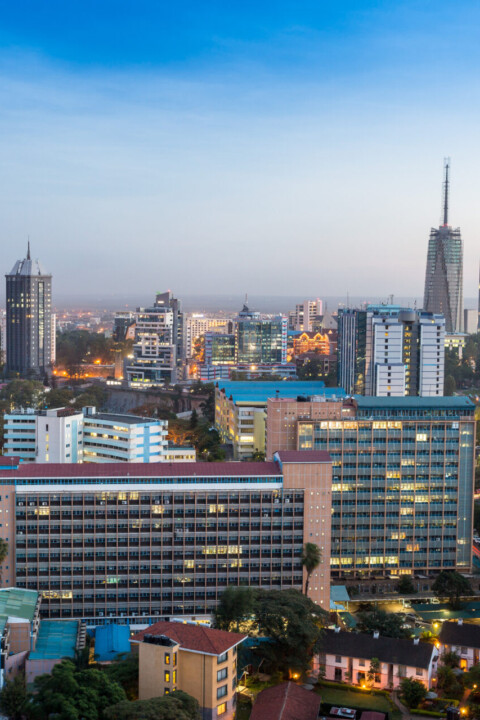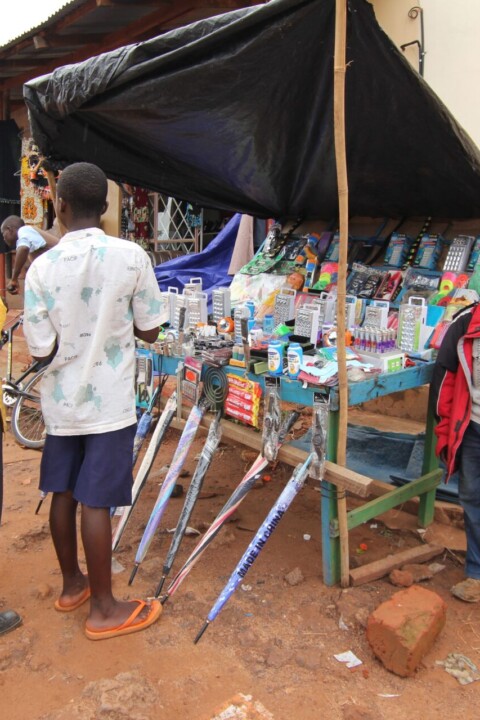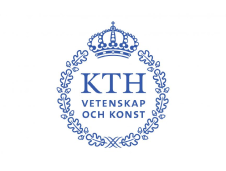CCG is a UK Aid-funded project which aims to support investment in sustainable energy and transport systems to meet development priorities in the Global South. The programme brings together some of the UK’s leading universities including UCL, Oxford, Cambridge, Imperial College, Strathclyde and the Open University, with the Centre for Global Equality, KTH Royal Institute of Technology, and Climate Parliament. It is directed from the Centre for Sustainable Transitions: Energy, Environment, and Resilience (STEER), at Loughborough University. Our team includes experts in practical, applicable research in sustainable development and related topics. For an overview of CCG activities from 2021 to 2024, read our brochure.
Overview of CCG activities 2021-2024:
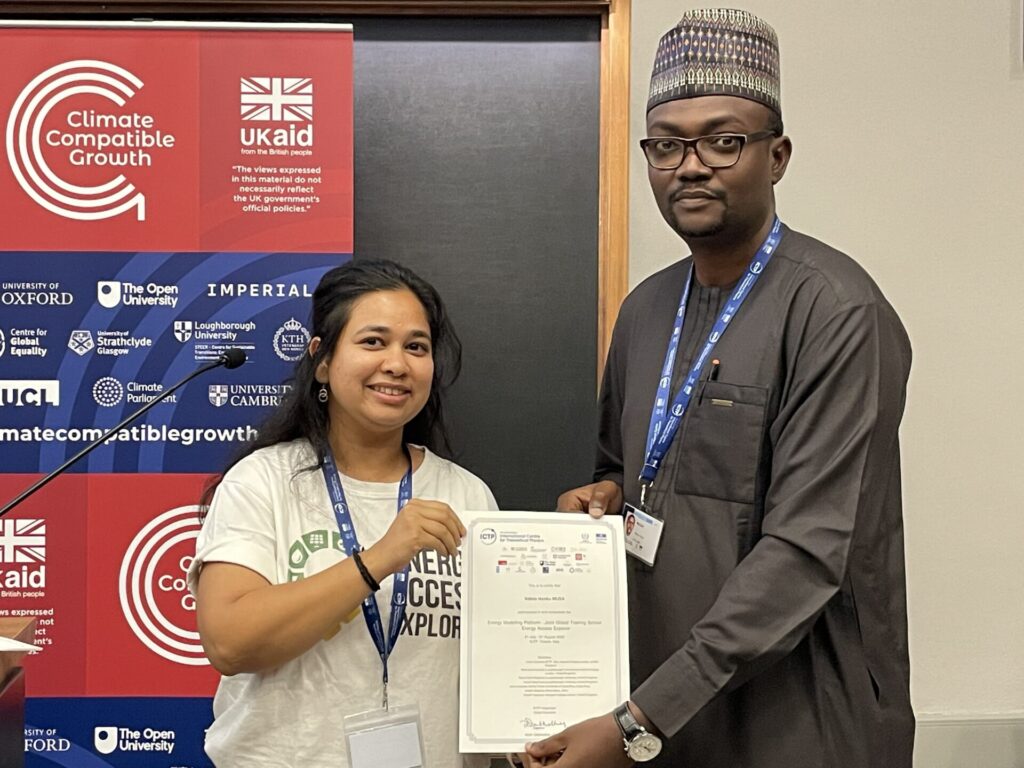
August 18, 2025
The Impact of EMP-Global 25 #1 Abbas Musa, Nigeria
Abbas Musa took part in the recent EMP-Global at ICTP in Trieste where he worked on the project: “Mapping Off-Grid Energy N…

August 13, 2025
GESI specialist Jessica Omukuti joins CCG
Jessica Omukuti has recently joined the Smith School team at CCG, working alongside Prof Sam Fankhauser, Jessica’s broa…
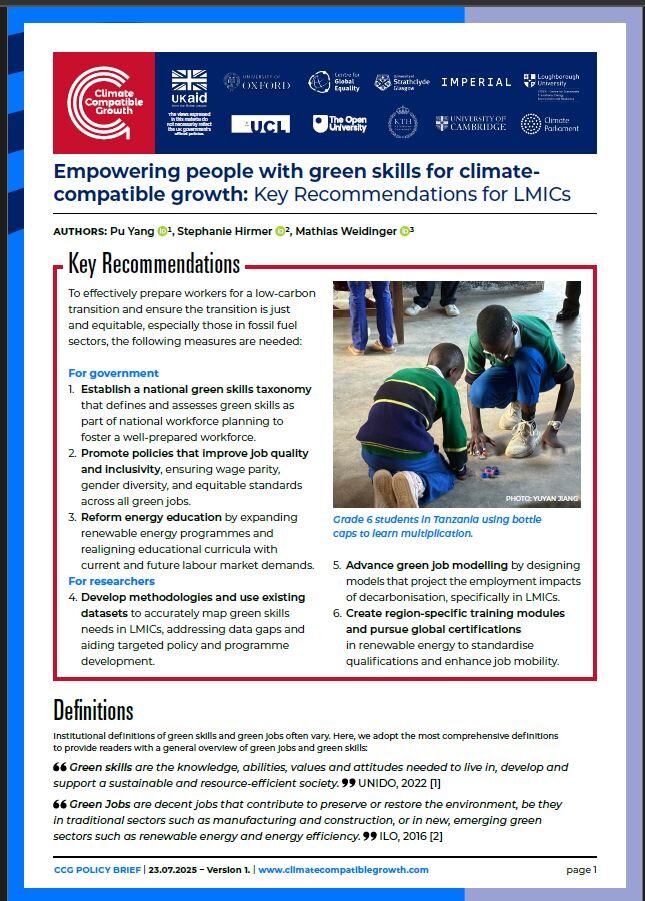
August 8, 2025
New Policy Brief explores Empowering People with Green Skills
The Policy Brief “Empowering people with green skills for climate compatible growth: Key Recommendations for LMICs̶…
Our partnerships
Country Partnerships
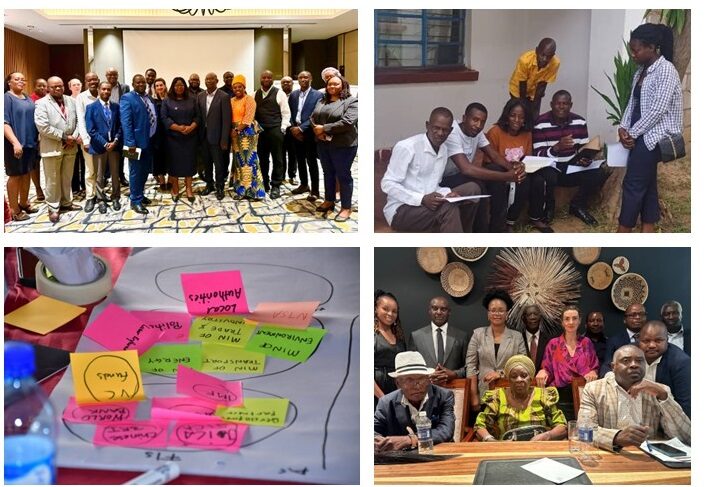
Amplifying Research Activities
International Partnerships
The goal of the International Partnerships work-stream is to amplify the impact of CCG’s research activities by engaging with a wide range of international organisations, governments and universities from around the world. The International Partnerships Team curates an ecosystem of open-source modelling tools and datasets that provide the basis for a range of capacity building and applied research engagements on a global public good basis.
More about CCGLONGER TERM Research Activities
Research
We recently revised our Research Strategy to address concerns that current assessment frameworks often do not reflect country contexts, fail to consider political context, are not ‘owned’ by institutions in the region, focus on climate rather than development priorities, or are too reliant on approaches from developed regions that are not transferrable to the LMIC context.
Our revised approach also aims to ensure that future work takes into account the impacts of investment opportunities on the socio-economic situation, Gender Equality and Social Inclusion (GESI), and access to basic services for local communities. We intend that this future work will be co-created and delivered in partnership with local and international stakeholders. We aim to build on the success of the previous three years in which we produced 60 academic papers.
View all our research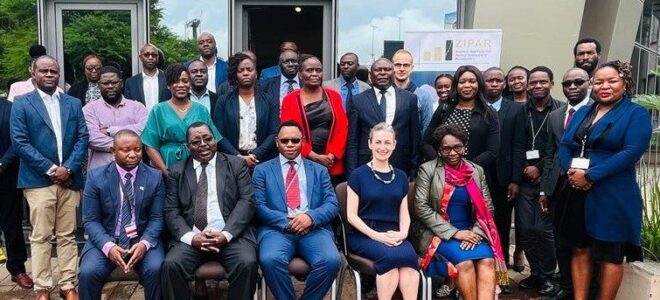
Governance and Equity
This Research Community has developed a political economy framework to guide its research and practice, which draws on existing theories and conceptual frameworks eg on political economy, multi-level, and polycentric governance. Such approaches embrace complexity, and so are fundamental to provide deep and contextualised understandings of the topics we are working on, enabling us to think politically, and to provide workable and equitable solutions.
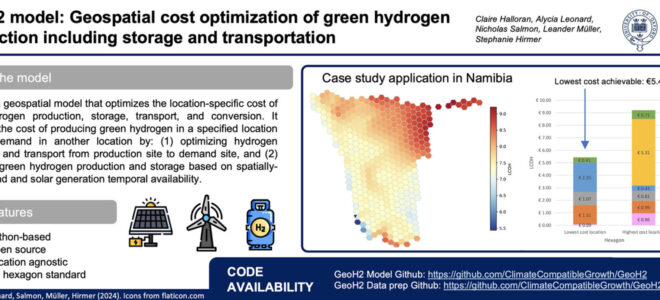
GIS
Increasingly an element of our research is the use of Geographic Information System (GIS) modelling studies. These provide high-resolution tools to identify economic opportunities that can drive growth in LMICs.

Resources For Funders
Lorem ipsum dolor sit amet, consectetur adipiscing elit. Praesent commodo erat in facilisis dapibus. Nullam commodo sapien in.

Resources For Governments
Lorem ipsum dolor sit amet, consectetur adipiscing elit. Praesent commodo erat in facilisis dapibus. Nullam commodo sapien in.

Resources For Partners
Lorem ipsum dolor sit amet, consectetur adipiscing elit. Praesent commodo erat in facilisis dapibus. Nullam commodo sapien in.



